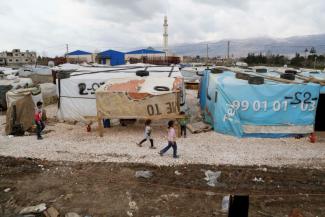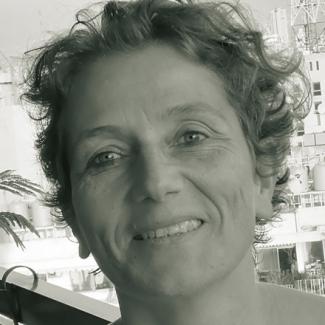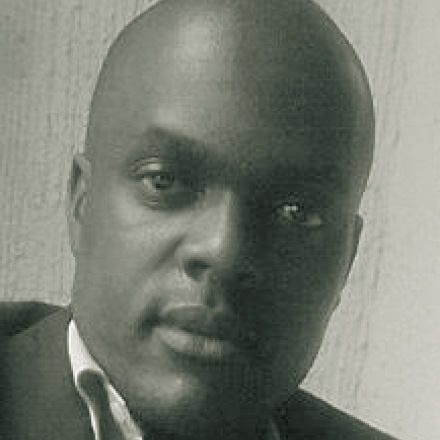Refugees
Universal responsibility

Approximately one out of every four people living in Lebanon is from Syria. The country is also home to refugees from the region’s past crises. They include hundreds of thousands of Palestinians and thousands of Iraqis. Lebanon is politically unstable, and its infrastructure is overburdened, but the country’s population includes one of the world’s highest shares of refugees. As a result, it has earned praise and support of the international community. Less attention has been paid, however, to the Lebanese state’s policies concerning these refugees.
The situation of Syrians in Lebanon is tough. After entry and residence requirements were tightened at the end of 2014, about 60 % of Syrians now find themselves in the country illegally. They cannot look for legal work, move about freely or register the births of their children. According to estimates, there are 50,000 undocumented children in Lebanon. Moreover, the government barred the UN Refugee Agency UNHCR from registering newly arriving Syrian refugees in April 2015.
But even the Syrians that are officially registered do not enjoy any kind of legal status. To date, the Lebanese state has neither signed the 1951 Refugee Convention nor the 1967 Protocol Relating to the Status of Refugees. Therefore people are forced to live without rights in poverty. Investigations have repeatedly shown that the widespread occurrence of child labour among Syrians is linked to their parents’ increasing poverty. According to official Lebanese data, 52 % of Syrians live on less than $ 2.40 a day.
Lebanon seems to be repeating the same mistakes that it has been making for years with regard to its Palestinian population. Discriminatory laws in the areas of labour, education and social security have marginalised hundreds of thousands of people. Nizar Saghieh, a Lebanese lawyer, says the government’s treatment of refugees means it is “manufacturing vulnerability”.
Lebanon’s refugee policy is primarily driven by the fear that the new arrivals could settle in the country permanently, thereby upsetting the demographic balance between the different religious affiliations that the political system is based on. This is a policy devoid of foresight and planning. Refugees are rarely deported, but the hope is that they will feel encouraged to leave voluntarily.
According to the statement of intent that Lebanon presented at the donor conference for Syria held in London in early 2016, the government is aware that its residency and labour laws need to be revised. The newly appointed minister for refugee affairs has confirmed this stance once more. And just a few weeks ago the government in Beirut did indeed ease restrictions for a small group of Syrians, partially in response to international pressure. But what is needed is a repeal of the tightened residence requirements for all Syrians in the country. The statement of intent also included proposals for creating 350,000 new jobs for both Lebanese and Syrians. So far, however, it is unclear if anything tangible will happen.
The greatest progress that the Cedar State has made in the past two years relates to the education of Syrian children. International donors and the ministry of education have accommodated about 250,000 Syrian boys and girls in Lebanese schools. This is a great achievement. Schools were renovated and new teachers were hired to make it happen. However, another 250,000 children still lack access to schools. In the Bekaa Valley, one of the main host areas for Syrian refugees, almost 80 % of children do not attend school. The government hopes to reach out to these children within the next three years and to improve the quality of education at the same time. It will need an annual $ 350 million to do so.
The international community will once again be called upon to help. Its Sustainable Development Goals are supposed to be universal. Refugees must not be left behind.
Mona Naggar is a journalist and media trainer. She lives in Beirut.
mona.naggar@googlemail.com












